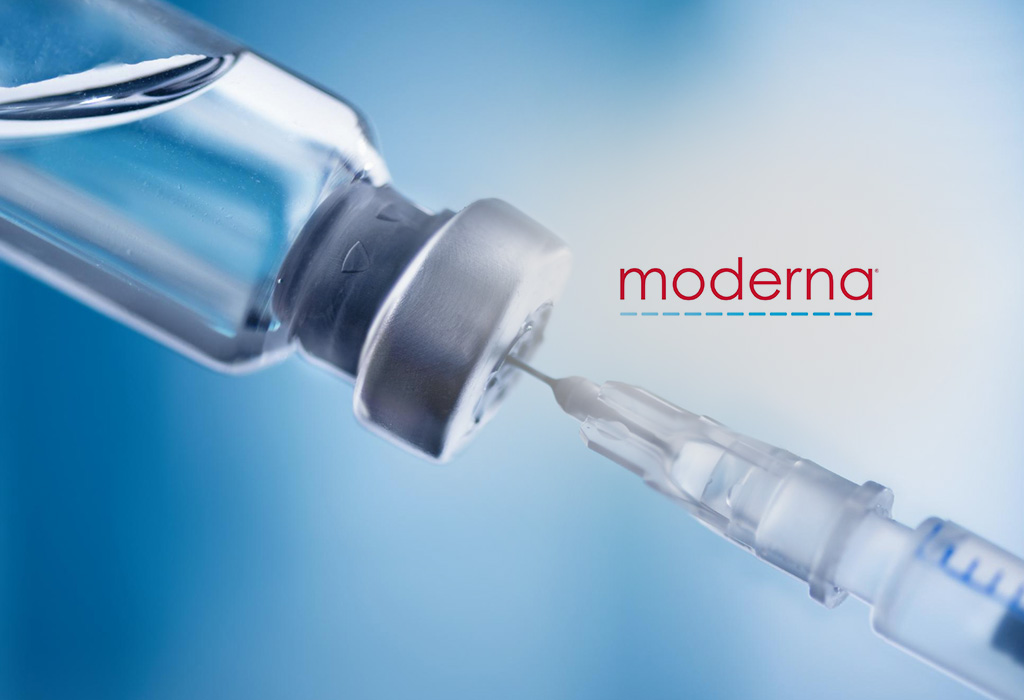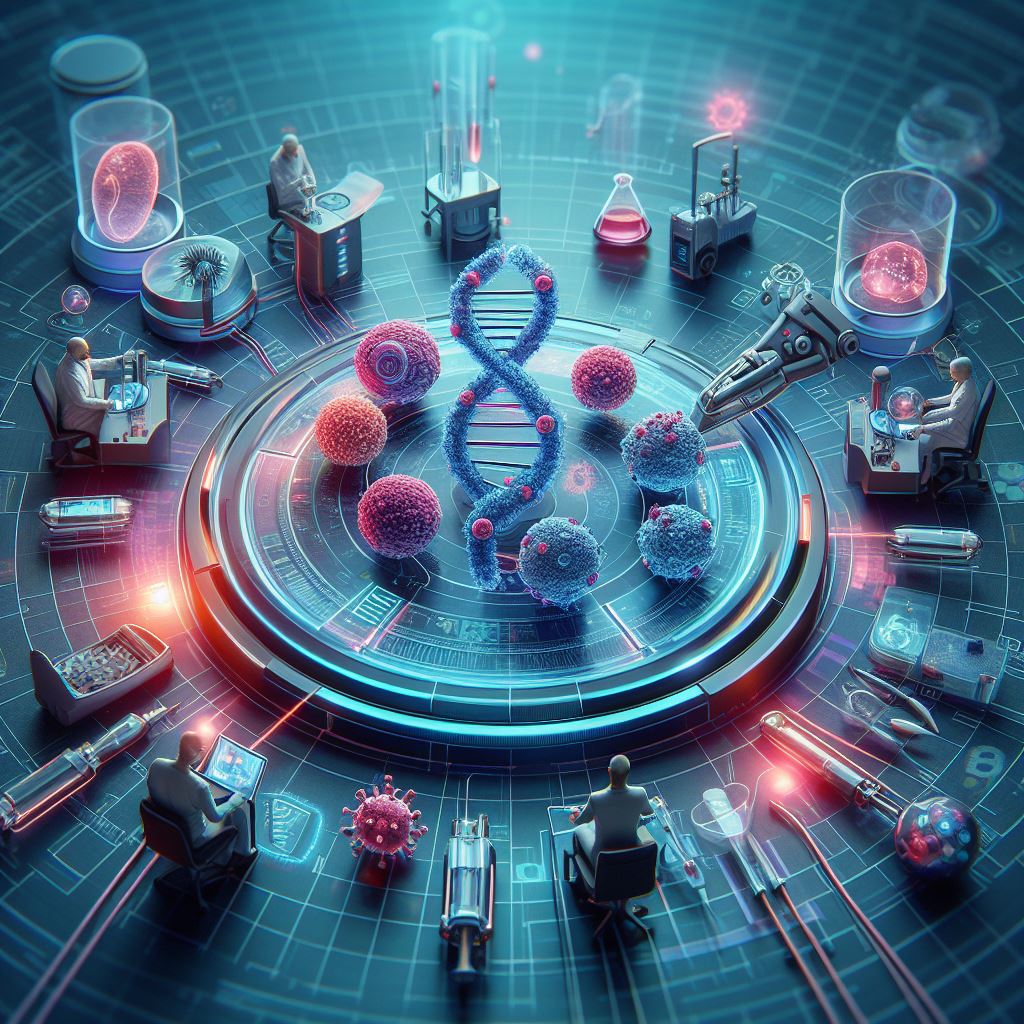October 7, 2024 – Singapore
The National University Health System (NUHS) in Singapore has announced a significant breakthrough in the treatment of relapsed or refractory T-cell acute lymphoblastic leukaemia (T-ALL) with a newly designed CD7 chimeric antigen receptor (CAR)-T cell therapy. This innovative therapy has shown exceptional potential in treating patients who have exhausted conventional treatment options, offering new hope in the fight against this aggressive form of blood cancer.
Targeting CD7 in Leukaemia Cells
Developed by the National University of Singapore’s Yong Loo Lin School of Medicine (NUS Medicine) in collaboration with NUHS, the CAR-T cell therapy specifically targets the CD7 protein, which is present on the surface of leukaemia cells. The therapy reprograms the patient’s own T-cells to express an anti-CD7 CAR, enabling them to selectively attack and destroy cancerous T-leukaemia cells while sparing healthy cells.
The innovative fratricide-resistant CAR-T cells were administered to 17 patients across two institutions—NUH in Singapore and Ospedale Pediatrico Bambino Gesù in Rome, Italy—between April 2019 and October 2023. The patients, aged between two and 72, were battling T-ALL that had relapsed or resisted chemotherapy.
Remarkable Success in Achieving Complete Remission
Of the 17 patients treated, 16 achieved complete remission within one month, a result confirmed by ultra-sensitive flow cytometry tests. Developed by Ms Elaine Coustan-Smith’s laboratory at NUS Medicine, these tests can detect one leukaemic cell among 10,000 normal cells, providing unparalleled accuracy in monitoring the therapy’s effectiveness.
Dr Bernice Oh, consultant at the Paediatric Haematology and Oncology Division of the National University Children’s Medical Institute (KTP-NUCMI) and first author of the study, expressed optimism over the results: “This CAR-T therapy is a new and promising tool to treat T-ALL patients who have failed conventional treatment. These patients had exhausted all potentially curative options, and we are heartened that we could give them another clear chance at cure without severe side effects.”
Long-Term Hope for Patients
Perhaps the most compelling case is the first patient to receive this therapy, who has maintained remission for five years without the need for further chemotherapy or a bone marrow transplant. This case offers hope for long-term recovery and potentially curative outcomes for patients with relapsed or refractory T-ALL.
Despite the high tumour burden and extensive previous treatments among the patients, the therapy was reported to be well-tolerated with only mild side effects, a remarkable achievement given the complexity and resistance of the cancers treated.
A New Era in CAR-T Cell Therapy
The success of this CD7 CAR-T cell therapy highlights the potential for more effective and targeted treatments for T-ALL patients who have no other options. The collaboration between NUS Medicine, NUHS, and international partners like Ospedale Pediatrico Bambino Gesù has opened new avenues for cell therapies aimed at difficult-to-treat cancers.
Professor Dario Campana, whose laboratory at NUS Medicine played a key role in developing the technology behind the therapy, noted that this approach marks a significant step forward in cancer treatment: “Our team has worked tirelessly to advance CAR-T cell technology, and we are committed to pushing the boundaries of cancer research and offering more options for patients.”
As researchers continue to refine and expand CAR-T cell therapies, this CD7-targeting treatment stands as a promising beacon of hope for those affected by relapsed or refractory T-ALL, potentially transforming the outlook for patients globally.
Looking Ahead
With the remarkable results observed in the trial, the future of CD7 CAR-T cell therapy is bright. The team at NUHS and NUS Medicine is committed to further clinical trials and ongoing research to bring this therapy to more patients, offering a lifeline to those with complex and treatment-resistant leukaemia. This achievement is another milestone in Singapore’s growing prominence as a leader in cutting-edge medical research and therapy development.
Conclusion
The development of CD7 CAR-T cell therapy represents a groundbreaking advancement in the treatment of T-ALL, providing renewed hope for patients who have run out of traditional options. With continued success and research, this therapy has the potential to change the landscape of cancer treatment, offering durable remission and a better quality of life for those affected by one of the most aggressive forms of leukaemia.
Come and join us for Enhancing Speed & Quality in Cell & Gene Therapy Manufacturing for the DACH Region on 12th-13th February 2025 in Switzerland! This event will bring together leading experts and industry professionals to explore cutting-edge advancements in cell and gene therapy (CGT) manufacturing. You’ll have the opportunity to dive into breakthrough innovations like bioreactors, in-vivo cell engineering, and 3D cultures, while addressing challenges around regulatory compliance, scalability, and quality control. With over 200 attendees, 30+ expert speakers, and interactive panels, this summit is the premier platform for connecting with key stakeholders, gaining actionable insights, and driving the future of CGT manufacturing in the DACH region. Don’t miss your chance to be part of this transformative journey—see you there! Find out more at: https://imapac.com/events/cell-and-gene-therapy-manufacturing-summit/
Source: https://www.pharmaceutical-technology.com/news/cd7-car-t-cell-therapy-leukaemia/?cf-view





